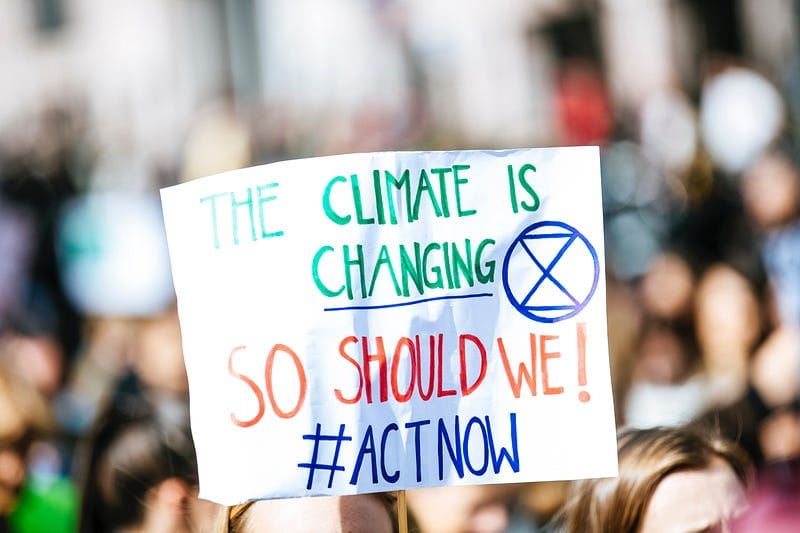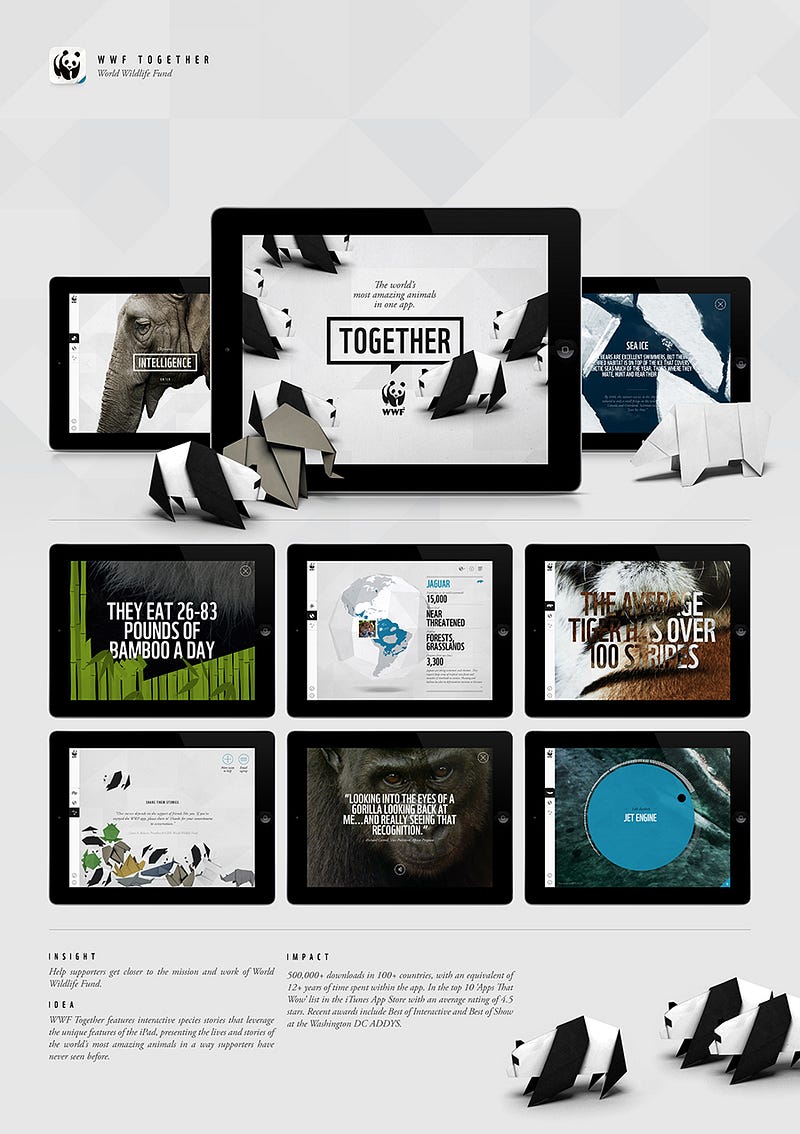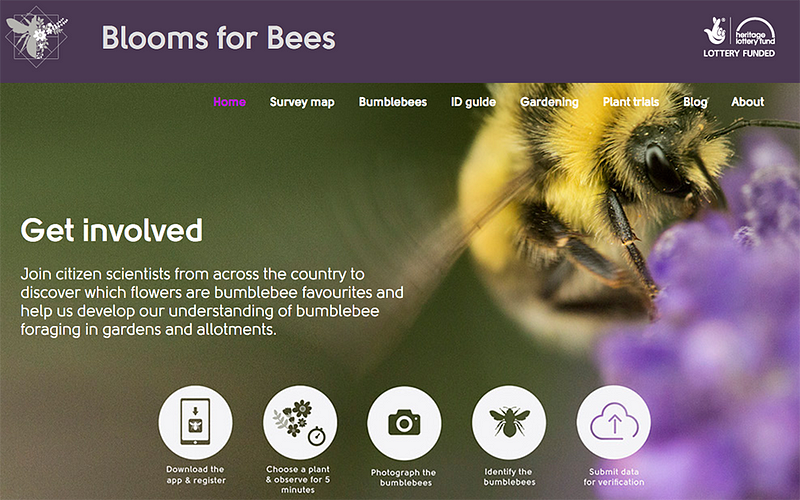Climate, tech and charities
A blog on tech, data, climate change and what charities and funders should be thinking about

I was recently asked to contribute to a blog around tech, data and climate, particularly for charities and social good organisations. I was asked two questions:
1. How do you think charities can use tech to tackle the climate agenda?
2. What one thing can charities do to get the ball rolling on this?
Here’s my thoughts….
There are multiple ways charities can use tech in tackling the climate agenda. One of the most effective uses is using digital for campaigning and behaviour change. Creating ground swell behind an agenda can lead to changes in commercial business, government or in personal decisions.
Effective use of digital communications such as Instagram can be profound, WWF and Friends of the Earth use this to amazing effect. WWF have gone further and created the WWF Together app which shares stories of species impacted by climate, and allows you to share back to social media. Get attention, be emotive, create action.

Bloomsforbees.co.uk is one of my favourite citizen science/behaviour change examples, which helps to build a picture of habitat change, educate the public and it encourages people to get outside which is great for wellbeing!

Aside from campaigning charities need to embrace reducing their own carbon footprint. The best and easiest is through ‘remote by default’ or flexible working. In 2018, 808 billion passenger kilometres were travelled in Great Britain, with 83% of passenger kilometres made by cars, vans and taxis. Of these 53% were for commuting or business. Want to see how much you contribute? https://mapmyemissions.com/home
The ability to work flexibly or remote by default is easier than ever. Cloud computing, video calling, collaborative work spaces all make it easy to work wherever you are. Software like G Suite, Zoom, Mural or Miro allow you to hold meetings, run workshops and do most things remotely. Yes it takes work, and you have to plan differently, but this is a super guide for remote workshops and this by CAST is a great guide for remote working generally, and really is that such a bad thing to save the planet?
The impact of Data on climate is a big one. Estimates are that 14% of all global emissions will come from data centres by 2040. Data is a wonderful thing and can be used to great effect, but we shouldn’t be complacent. We should have a sector wide strategy on data so we only collect and store data that we are actually going to use to help achieve our social purpose and improve as organisations. Funders need to work together to make applications, monitoring and reporting more aligned and charities need to have strategies in place to only collect and store data that will help them. Set your default to sharing links to documents rather than sending documents as attachments, have regular data clear outs, and ask yourself, do we really need to store this?
Alongside all of this, be climate ethical in all your purchasing and procurement. Use data centres or hosting with net zero or low carbon footprint, encourage ethical purchasing decisions and divest your pension funds or endowments from those that support non renewables.
If i were to say one thing charities could do, it would be to go remote by default, it will make a difference to climate, allow you to attract top people from around the country/world and increase productivity!